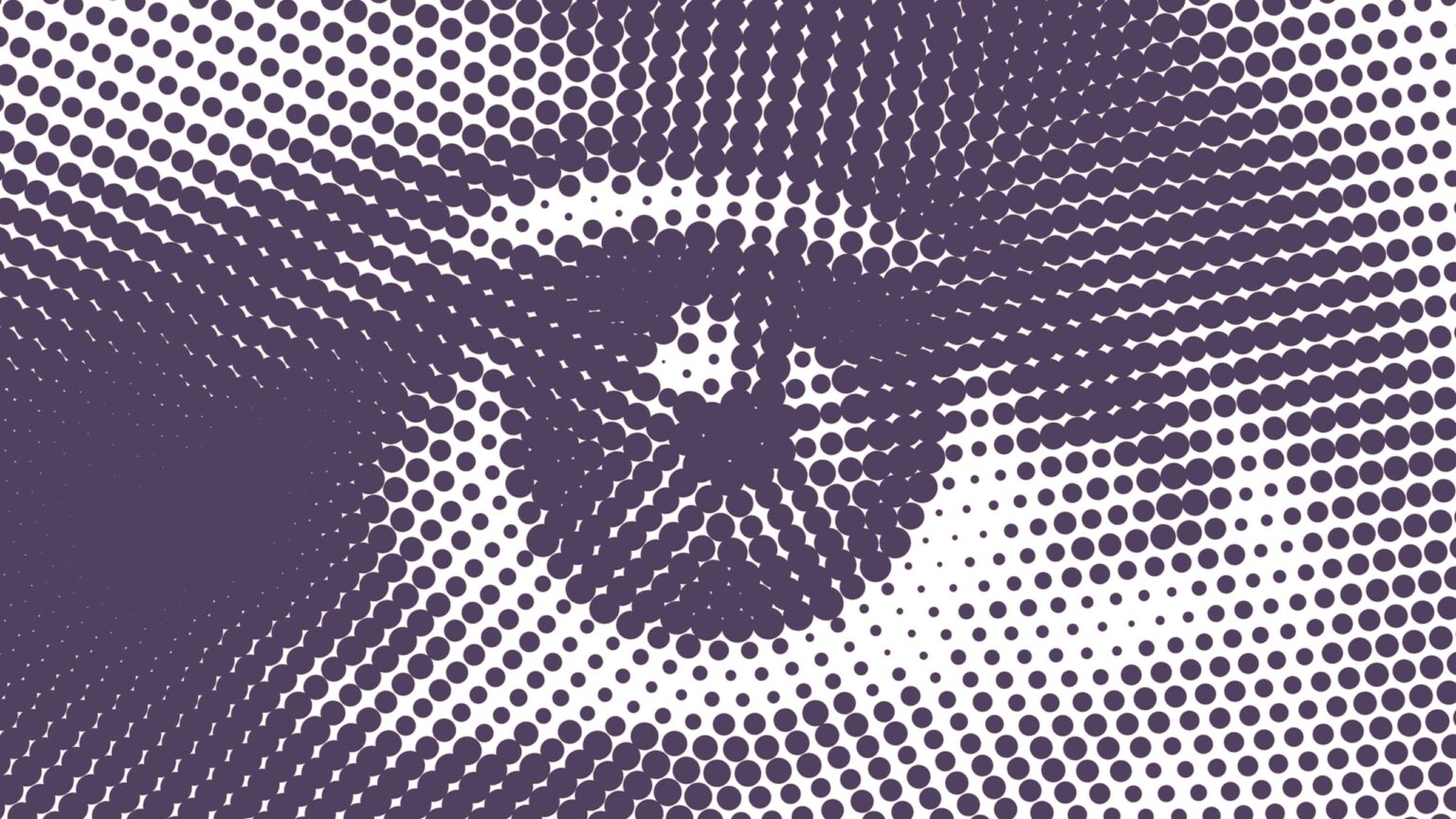A group of visual artists is reigniting their legal battle against prominent AI firms, alleging copyright infringements. This resurgence follows an initial setback where a U.S. judge dismissed their claims due to insufficient evidence.
Strengthened by the addition of seven new artists, the coalition is challenging the use of their creative works by AI tools without due authorization, marking a significant escalation in the ongoing tension between artists and AI developers.
Expanding the Legal Front in the Tech-Driven Artistic Realm
Initially dismissed, the case against AI leaders Stability AI, Midjourney, DeviantArt, and the recently added Runway AI has gained new momentum. Renowned artists such as H. Southworth and Adam Ellis join the fight, arguing that these companies generate art mimicking their unique styles by simply using their names as input prompts. This practice has resulted in creations that must be more distinguished from the artists’ original works, intensifying concerns over the erosion of artistic copyright.
Evidence mounts as new artists jump on Stability AI, MidJourney copyright lawsuit. This was previously struck down by the courts but recently amended on Nov. 29.
Definitely not surprising and potentially putting an end to the so called ‘taking inspiration’ claim. Artists -…
— cmbarce.eth (@cmbarce1) December 1, 2023
The amended lawsuit sheds light on a sobering aspect of these AI tools, positioning them as mechanisms for “copyright laundering” rather than platforms for genuine creative expression. This is particularly evident with Midjourney, which, according to the plaintiffs, uses an extensive list of over 4,700 artists, including those involved in the lawsuit, as generative prompts for creating art.
A Confrontation Over Rights and Artistic Identity
After initially being dismissed due to a lack of concrete evidence, the lawsuit has been refiled with more comprehensive allegations. In his previous ruling, Judge William Orrick left the door ajar for a more substantiated lawsuit. The case underscores the growing friction between the rights of individual artists and the rapid advancements in AI technology.
GM 🌞☕️
🤖🎨 Interesting twist in AI copyright!
A US federal judge recently declares that AI-generated art lacks 'human authorship,' hence can't be copyrighted.
A significant decision which I am sure will spark many a debate about AI's role in creative rights and the… pic.twitter.com/8qzqyCXKW2
— Korben Dallas (@Daryn_Stilwell) August 21, 2023
Adding a layer of complexity, the lawsuit alleges that Midjourney’s practices potentially infringe upon federal trademark laws in the United States. This concern was amplified by plaintiff Kelly McKernan, who was surprised to find their name associated predominantly with AI-generated images in internet search results.
Broader Implications in the Evolving AI Landscape
This legal challenge is not an isolated incident but part of a broader wave of litigation in the AI domain. Around the world, artists and content creators are confronting major tech companies like Google, Microsoft, and Meta, demanding accountability and fair use of their intellectual property. The music industry has also joined this legal battle, with Universal Music Group pursuing action against Anthropic AI for allegedly using song lyrics to train AI chatbots without proper permission.
JUST ANNOUNCED Music Giant UMG Sues Anthropic AI Firm Over Copyright Distribution Claims: Universal Music Group and other publishers have sued AI firm Anthropic for allegedly distributing copyrighted lyrics without a license through its… https://t.co/h0LjeIFUa7 #Markets #AINews pic.twitter.com/O15ZX14tL6
— Realized_Gains (@REALIZEDGAIN5) October 20, 2023
These cases highlight a critical juncture at the intersection of art, technology, and legal rights. As AI technology advances and permeates various sectors, the artistic community becomes increasingly vocal about protecting its rights, seeking recognition and fair compensation for using its works. This lawsuit surge indicates a crucial turning point that will shape the future discourse on how we perceive, engage with, and protect artistic creations in the rapidly evolving age of artificial intelligence.
This unfolding saga highlights the legal intricacies involved and sparks a broader conversation about ethical considerations in the AI industry. It raises fundamental questions about the role of AI in creative processes and the balance between technological innovation and respect for traditional artistic expression. As the legal battles wage on, they are set to create precedents that will have lasting implications for artists, tech companies, and consumers alike in a world increasingly influenced by artificial intelligence.









 and then
and then